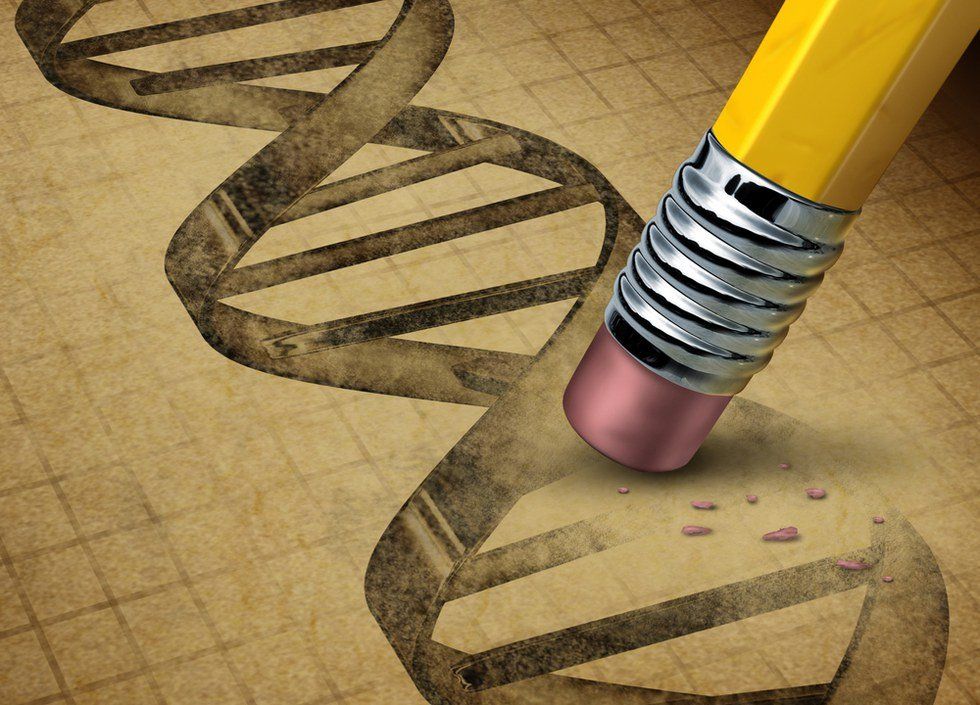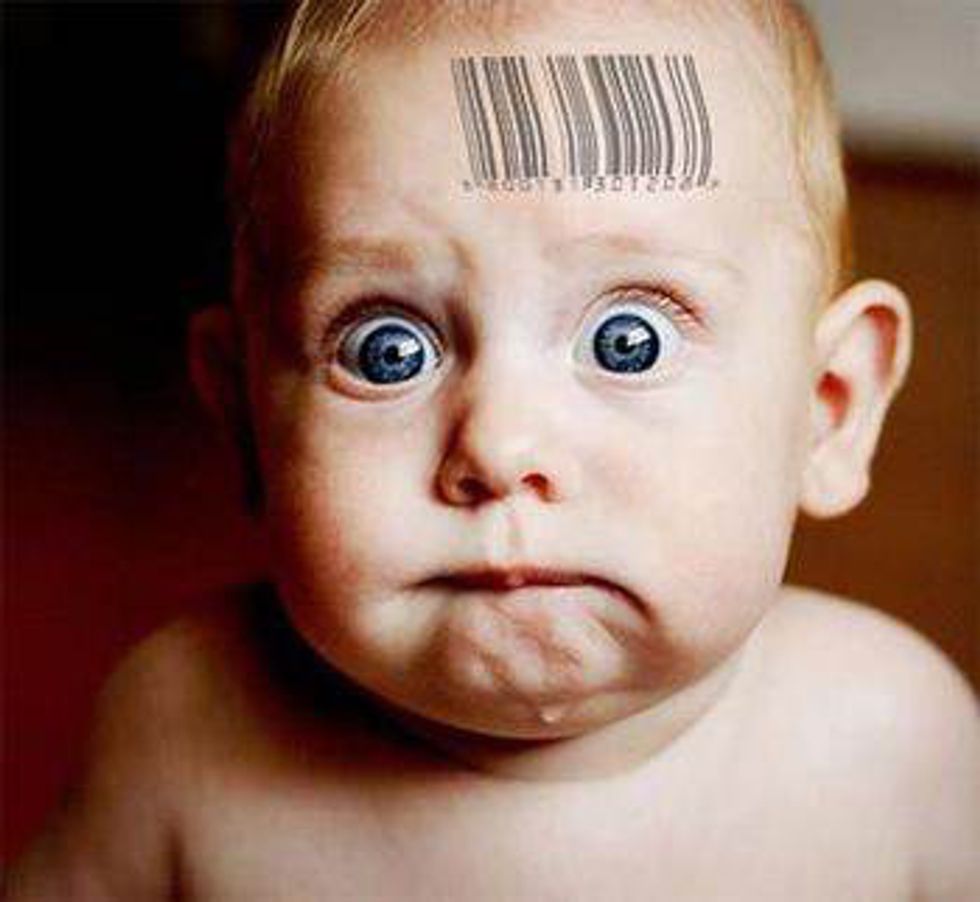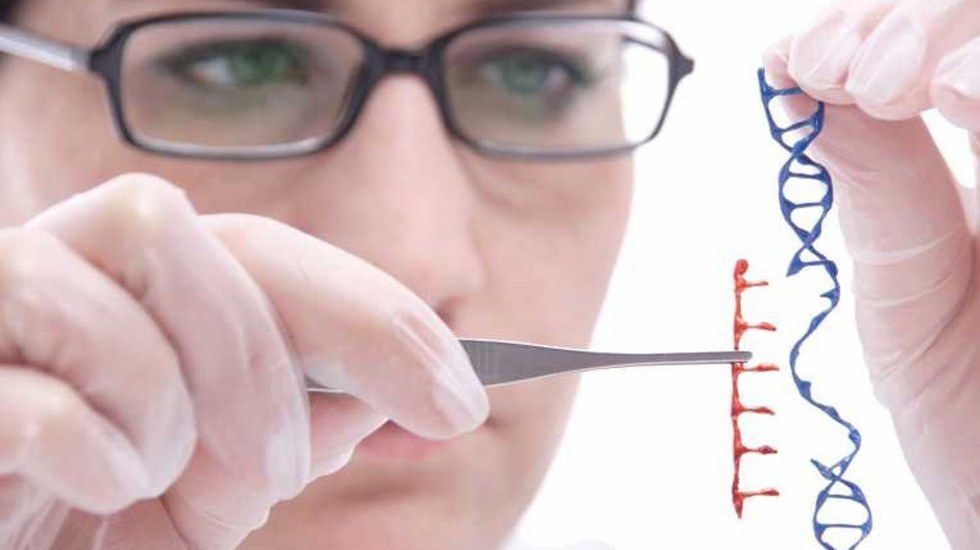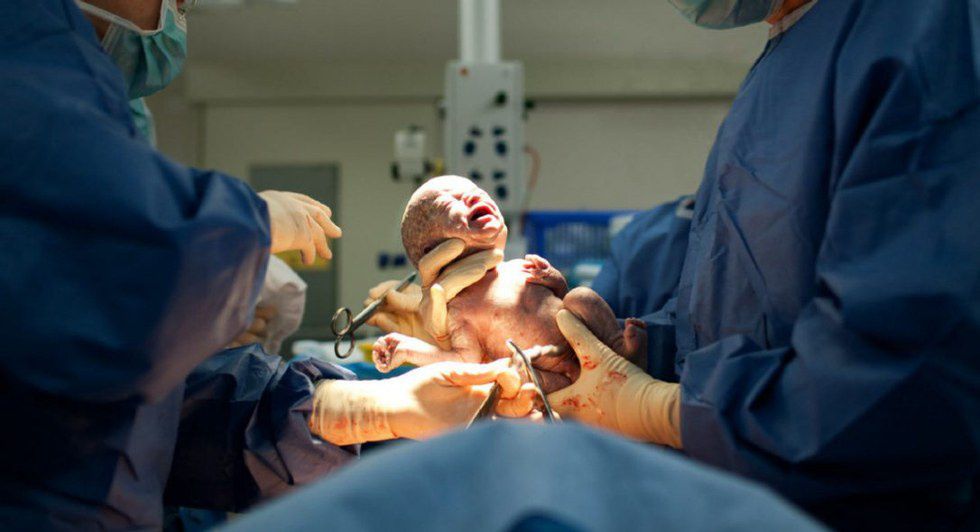We have all heard of GMOs (Genetically Modified Organisms). How about GMHs (Genetically Modified Humans)? Believe it or not, this is a fact of our future. The next president of the United States of America will most likely have to deal with the effects of this topic. Ethically controversial, the uprising of gene editing is closer than ever.
I recently did a project in biology where I delved into the world of designer babies. If you haven’t heard of “designer babies” it is a concept where scientists are able to genetically modify the genome (all of the genetic makeup) of a baby. CRISPR-Cas 9, technology originally found in bacteria as a defense mechanism, allows scientists to eradicate a particular genetic defect in an embryo or make sure a particular gene is present.
However, the first gene editing on a human embryo was a massive failure. In a Chinese Experiment, scientists attempted to edit out a gene defect in 80 or so human embryos. Their goal was to have the gene correctly edited in all of the cells present and no other DNA damage. Of these 80 or so embryos, only four of the embryos had the faulty gene corrected but these embryos presented other DNA damage. Therefore, this first attempt in human embryos with the human genome was a failure.
While CRISPR-Cas 9 may not be ready to be used on humans at the moments, it doesn’t mean that it isn’t coming. Just the other month a baby boy was born using the DNA of three parents. What is next? The spark of this technology has led to a lot of ethical questions.
CRISPR-Cas 9 makes it possible to change any part of the human genome. CRISPR and gene editing in general can be used to eradicate a particular disease in a human embryo. For example, if the mother has Huntington’s disease, CRISPR can eliminate the faulty gene and make it so the mother’s baby won’t have the disease and won’t be able to pass it down to further generations. In the case of the baby born with three parents, gene editing in the form of Spindle Nuclear Transfer, scientists were able to eradicate all but 1% of the susceptible mitochondrial DNA in the baby boy. In these cases, it may seem as though gene editing is a great thing that we should be taking advantage of. If we can correct genetic disease, why wouldn’t we?
However, gene editing can be used for other things as well. For example, in Britain, the creation of savior siblings are legal. Savior siblings are siblings designed to save the life of another, alive, human being. Have you ever heard of the movie and book My Sister’s Keeper? These siblings go through a process of Pre-Implantation Genetic Diagnosis where their DNA is typed to make sure it matched the DNA of the sibling they will save. The use of savior siblings is extremely controversial. Where does consent come into play? Can this person decline to help their sibling? Is subjecting an unknowing baby to a life of surgeries in benefit of their sibling morally okay?
These are the questions of our future. These are the questions the next president of the United States will have to take into consideration. Will laws be made to restrict specific uses of CRISPR-Cas 9? How will this technology be regulated? Just how long will it be until doctors can offer to change the eye color of a baby or eradicate the possibility Alzheimer’s? Can you say no to one usage and yes to another?
Where do you stand in regards to the ethics behind CRISPR-Cas 9 and gene editing?
























